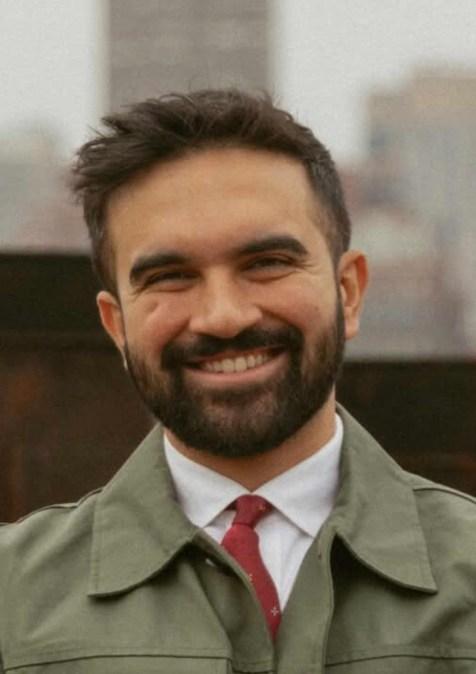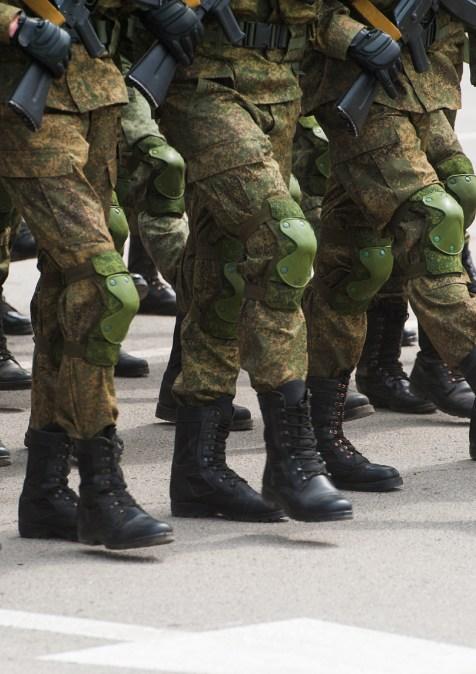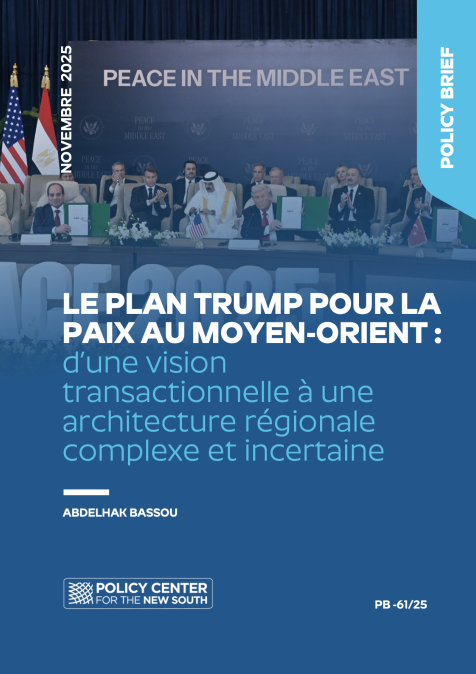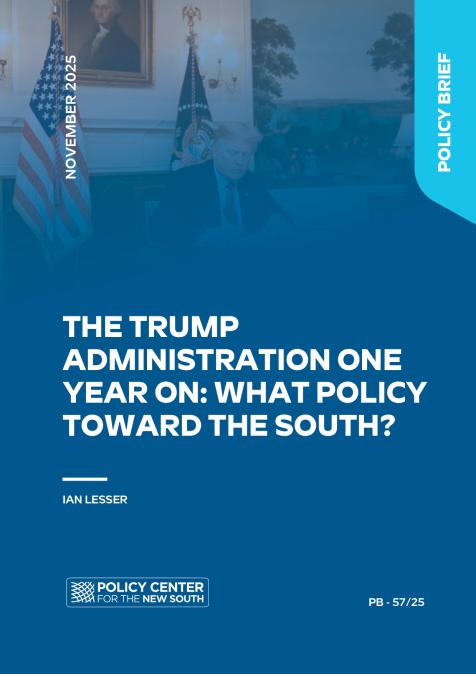Podcasts
The new Eastern Mediterranean Equation and Transatlantic Implications
10
March
2016
Related topics:
This podcast is performed by Ian Lesser. The prevailing disorder and conflict in the Eastern Mediterranean could be a durable feature of the strategic environment in the years ahead. Sustained sectarian conflict, the more assertive role of regional actors, including Iran, Russia and Turkey, and the uncertain engagement of Europe and the United States, are prominent features of this environment. From migration flows, energy security and terrorism, to the growing role of distant actors such as China, developments in the Eastern Mediterranean are now at the center of global geopolitics.











